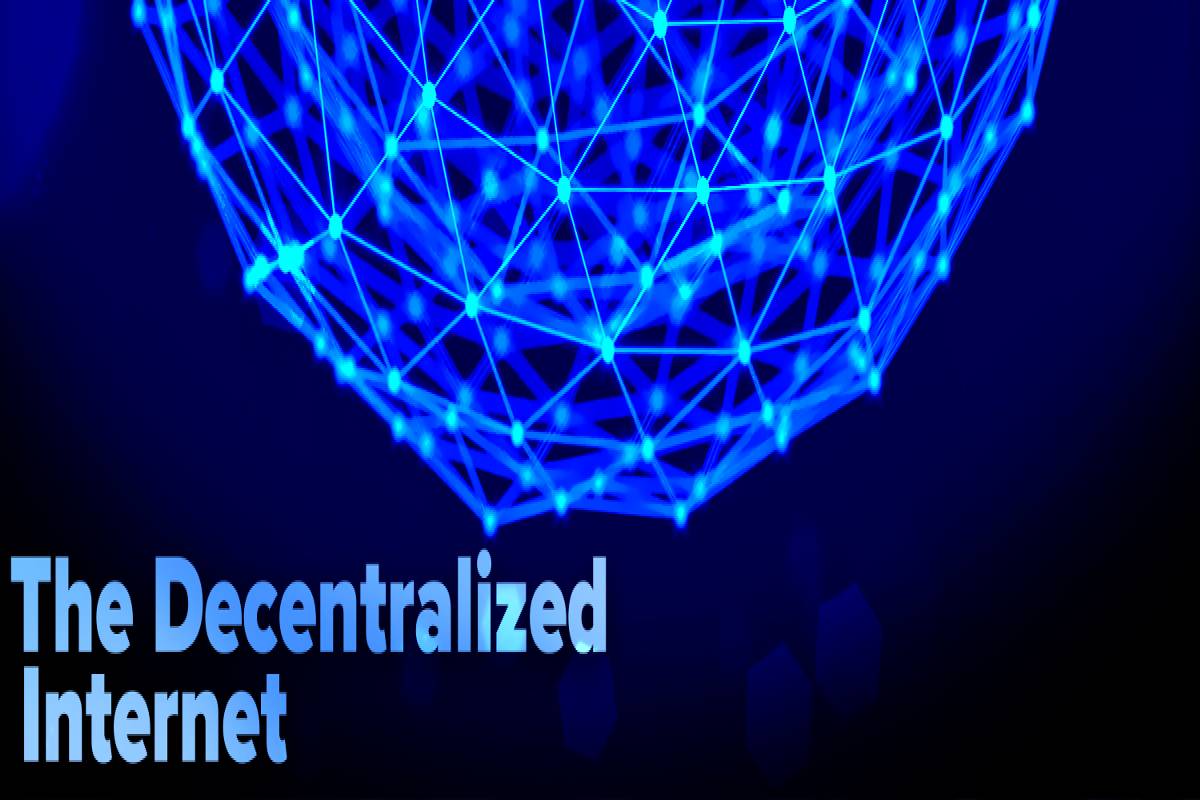Table of Contents
Decentralized Internet
Before getting into the subject, we must know what we mean when we talk about the decentralized Internet.
The Internet we know today relies heavily on servers in the hands of government organizations, network access providers, and large telecommunications corporations.
So they have it pretty easy if they want to track user activities. Such as and as the documents leaking by Snowden demonstrated.
Electronic Communications Privacy Act in the United States allows the country’s security forces to obtain, without the need for a court order.
Private data that US citizens entrust to third parties, such as location information. Is collecting by mobile or mobile phones. Content of emails – even unopened ones.
Information about Decentralized Internet
- The concept of “decentralization” was heard for the first time—no less than in the mid-19th century, speaking of as the force that inspiring the French Revolution.
- “Decentralization has a civic dimension, as it increases the opportunities of citizens to participate in public affairs. And they are accustomed to using their freedom, “wrote lawyer Alexis de Tocqueville.
- We believe that the Internet today is broken,” says Nick Lambert, COO of MaidSafe. This project is a kind of alternative Internet based on the P2P protocol.
- Whose main objective is to prevent personal information from being stored in centralized servers and data centers.
It has come to be accepting that users have no control over their data and that they do not know what information they are providing and to whom,” he says Lambert.
David vs Goliath: fighting to decentralize the Internet
- Markos and MaidSafe are by no means the only projects fighting to return to having a decentralized Internet, in the hands of the citizens and not controlling at will by the multinationals.
- We have all heard of the famous MegaNet introduced by Kim Dotcom. (And which will theoretically come out this year). And more recently ZeroNet, another alternative P2P-based internet similar to MaidSafe.
How do these Projects approach the battle to Decentralize the Internet?
- Be its web pages, calendar appointments, messaging accounts. Archos is designing to carry the ease of a computer staff to the field of servers and information hosted in the cloud “.
- MaidSafe, meanwhile, has been working on the implementation of SAFE (Secure Access For Everyone) Network for no less than 10 years.
- A new secure communications network based on existing hardware (cables, routers, switches) and network layers.
- And that takes advantage of the extra resources of storage space and data processing that the users themselves can provide.
The Role of Citizens in the Decentralization of the Internet
- It is precisely the people, the Internet users themselves. The citizens who play the leading role in this movement.
- The centralization of the Internet is not an abstract concept that is there and has no relationship. It affects us daily, every time we turn on the computer or use the mobile to connect to the network.
- In his words, it is necessary to speak more about these issues in public. Bring them to light more often, keep these issues fresh in the consciousness and memory of users.
- Only in this way will we show those large companies that we care about our online data’s privacy. And that we do not settle for pretty words or false promises.
And when another 20 years pass?
Speaking of the future, what awaits us tomorrow?
Looking at the Internet’s evolution in the last 20 years, what will it be like in another 20 years?
- MaidSafe’s Lambert is pretty optimistic about it. I think we’ll see a lot of new networks and decentralized technologies reach the mass public, driven by some of the ones we see now – like Bitcoin.
- These technologies have shown that if you cut out the middlemen (like banks and financial institutions in this case). The networks are more efficient, and users have full control over their data.
- Lambert does not doubt that the decentralized Internet will come true again. The infrastructure of our web services will change from a series of connecting core networks. To a paradigm of interconnecting decentralized networks.”
Also Read: Razer Phone 2 Review – Razer Chroma for a Phone, and More


